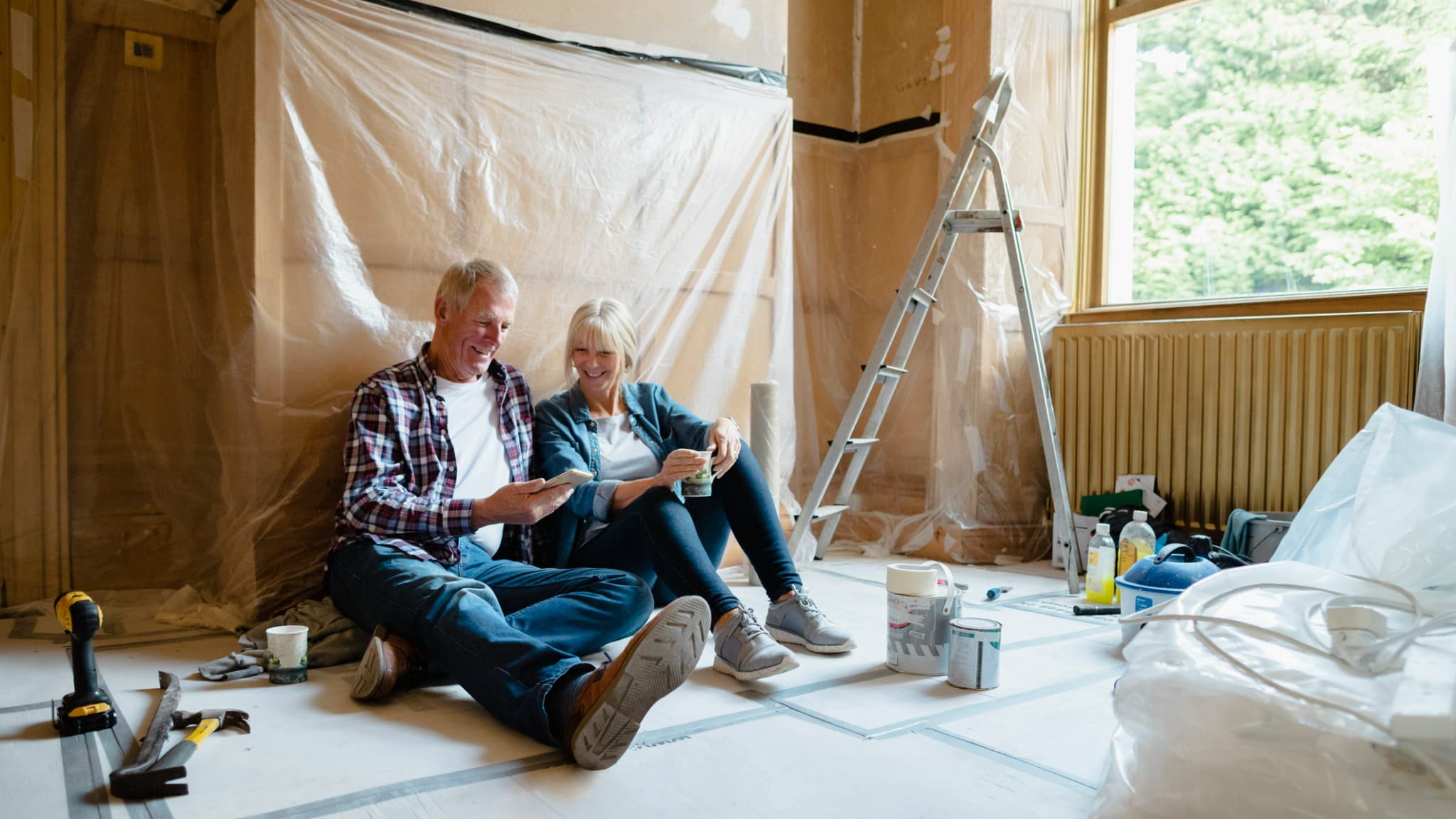Large-scale energy renovations are struggling to take off in France. The “Industries for Construction” strategic sector committee has revealed its ideas for solidifying them.
Accelerate the energy renovation of housing: the strategic committee of the construction sector presented ideas aimed at “massifying” extensive renovationswhich are struggling to take off in France and remain below objectives. The energy renovation of housing is crucial to achieving France’s climate objectives, with the use of buildings representing almost a fifth of the country’s greenhouse gas emissions.
Despite significant financial resources from the State to support the work of low-income households, their cost remains high, according to the Strategic Sector Committee “Industries for Construction”, which is part of the National Industry Council. “Large renovations must have an economic model that works, both for the company that does them but especially for the individual,” Jonathan Chemouil, one of those responsible for drafting the white paper, explained to AFP.
Creation of a “Renovation Bank”
With this in mind, the “white paper” of the sector committee advocates the emergence of long-term bank loans: “it would be necessary to align the duration of financing with the return on investment (of the renovation) with type loans real estate which would have a duration of around 20 to 25 years”, indicates the document. With this in mind, it takes up the idea put forward by a parliamentary report of the creation of a “Renovation Bank”, which could “intervene as a guarantee of bank financing”, allowing “a significant leverage effect and a massification of financing”.
The white paper also recommends the establishment of an intrinsic “performance guarantee” of the renovation, which supposes “the establishment of control methods during construction, such as, for example, the use of photos or videos during installation. It also plans to “involve insurers in order to seek with them ways and means of covering performance” and thus allow their intervention if it is not achieved.
The number of large-scale energy renovations increased in 2023 by 12.5% to 71,613, according to a report from the National Housing Agency (Anah) published at the start of the year. But the authors of the report put forward the objective of “efficient renovation” of 500,000 homes per year until 2030, then 900,000 between 2030 and 2050 to achieve carbon neutrality.


